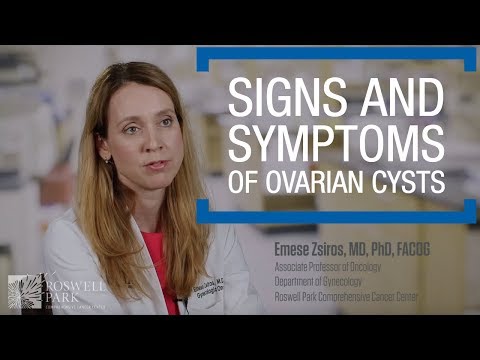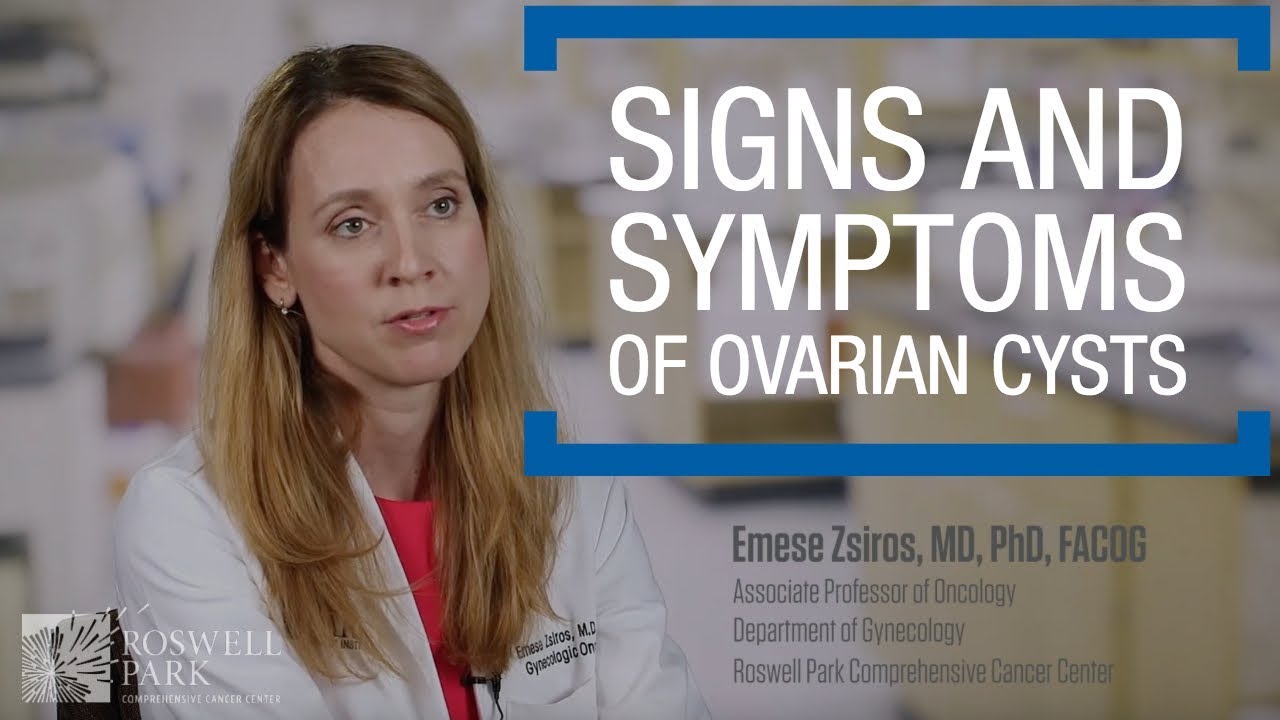What Causes Ovarian Cysts in Young Females? Ovarian cysts, a common gynecological issue, can occur in young females due to various factors. These fluid-filled sacs can develop on or within the ovaries, causing discomfort and potential health concerns. Hormonal imbalances, a leading cause of ovarian cysts, can disrupt the normal functioning of the ovaries. Polycystic ovary syndrome (PCOS), a hormonal disorder, often leads to the formation of multiple cysts on the ovaries. Another significant factor is ovulation irregularities. When an egg is not released properly during the menstrual cycle, it can result in the formation of a cyst. Certain lifestyle choices, such as obesity or a sedentary lifestyle, may also contribute to the development of cysts. Furthermore, endometriosis, a condition where the tissue lining the uterus grows outside of it, can lead to the formation of cysts. Other potential causes include ovarian tumors, which can be benign or cancerous, and hereditary factors. It is important for young females to be aware of these causes as early detection and timely treatment are crucial in managing ovarian cysts. Consulting a healthcare professional is recommended for accurate diagnosis and appropriate treatment options tailored to individual needs.

Causes of Ovarian Cysts in Young Females
| Cause | Description |
|---|---|
| Hormonal Imbalance | Fluctuations in hormone levels, particularly an excess of estrogen or insufficient progesterone, can disrupt the normal ovarian function. This imbalance may lead to the formation of ovarian cysts. |
| Ovulation Dysfunction | Irregular or infrequent ovulation can result in the formation of cysts. When the follicle fails to release an egg during the menstrual cycle, it can develop into a cyst instead. |
| Polycystic Ovary Syndrome (PCOS) | PCOS is a common hormonal disorder characterized by the presence of multiple cysts on the ovaries. It is often accompanied by insulin resistance and irregular menstrual cycles. |
| Endometriosis | Endometriosis refers to the abnormal growth of endometrial tissue outside the uterus. When this tissue attaches to the ovaries, it can lead to the development of cysts. |
| Functional Cysts | Functional cysts are the most common type and are usually harmless. These cysts form as a result of the normal functioning of the ovaries, such as during the menstrual cycle. |
| Benign Tumors | Non-cancerous growths, known as benign tumors, may develop on the ovaries and cause cyst formation. These tumors are typically not life-threatening but can still lead to discomfort and complications. |
| Previous Ovarian Cysts | Having a history of ovarian cysts increases the likelihood of developing new ones. Recurrence may be attributed to unresolved underlying causes or genetic factors. |
| Medication and Fertility Treatments | Certain medications and fertility treatments, such as hormonal therapies, can influence ovarian function and potentially result in the formation of cysts. |
“Unmasking Ovarian Cysts: Identifying the Silent Disruptors Within”
What Causes Ovarian Cysts in Young Females?
Ovarian cysts are fluid-filled sacs that form on the ovaries, the reproductive organs responsible for producing eggs and female hormones. While ovarian cysts are common and usually harmless, they can sometimes cause discomfort and, in rare cases, lead to serious complications. In young females, the development of ovarian cysts can be attributed to various factors, including:
Hormonal Imbalances
Hormonal imbalances are one of the primary causes of ovarian cysts in young females. These imbalances can occur due to the irregular release of hormones during the menstrual cycle or as a result of polycystic ovary syndrome (PCOS). PCOS is a condition in which the ovaries produce excessive amounts of androgens, a type of male hormone, which disrupts the normal hormone balance in the body. This disruption can lead to the formation of ovarian cysts.
Additionally, certain hormonal medications, such as fertility drugs, can also increase the risk of developing ovarian cysts in young females. These drugs are often used to stimulate ovulation or regulate the menstrual cycle, but they can sometimes result in the formation of cysts on the ovaries.
Ovarian Follicle Abnormalities
Ovarian follicle abnormalities can also contribute to the development of cysts in young females. Ovarian follicles are small sacs within the ovaries that contain developing eggs. In some cases, these follicles may fail to release an egg during the menstrual cycle and instead continue to grow, forming cysts.
Furthermore, a condition called functional cysts can occur when the sacs that normally release eggs during ovulation do not dissolve after releasing an egg. Instead, they accumulate fluid and become cysts. These types of cysts are usually harmless and resolve on their own within a few menstrual cycles.
Endometriosis
Endometriosis is a condition in which the tissue that lines the uterus begins to grow outside of the uterus. This displaced tissue can attach itself to the ovaries and form cysts. Endometriosis can cause severe pelvic pain and fertility problems in young females. The exact cause of endometriosis is still unknown, but hormonal imbalances and genetic factors are believed to play a role in its development.
Genetic Predisposition
Genetic predisposition can also contribute to the formation of ovarian cysts in young females. Certain genetic conditions, such as von Hippel-Lindau disease and multiple endocrine neoplasia, have been associated with an increased risk of developing cysts on the ovaries. If a young female has a family history of these conditions, it is important to be aware of the potential risk and consult with a healthcare professional for appropriate monitoring and management.
Previous Ovarian Cysts
In some cases, the presence of previous ovarian cysts can increase the likelihood of developing future cysts in young females. This can be attributed to the fact that some individuals may have a tendency to form cysts due to underlying hormonal imbalances or other factors. Therefore, it is crucial for young females who have experienced ovarian cysts in the past to undergo regular check-ups and monitoring to detect any new cysts early on.
In conclusion, ovarian cysts in young females can be caused by various factors, including hormonal imbalances, ovarian follicle abnormalities, endometriosis, genetic predisposition, and previous cysts. While most ovarian cysts are harmless and resolve on their own, it is important to seek medical attention if any symptoms or concerns arise. Early detection and proper management can help prevent complications and ensure the overall reproductive health of young females.

